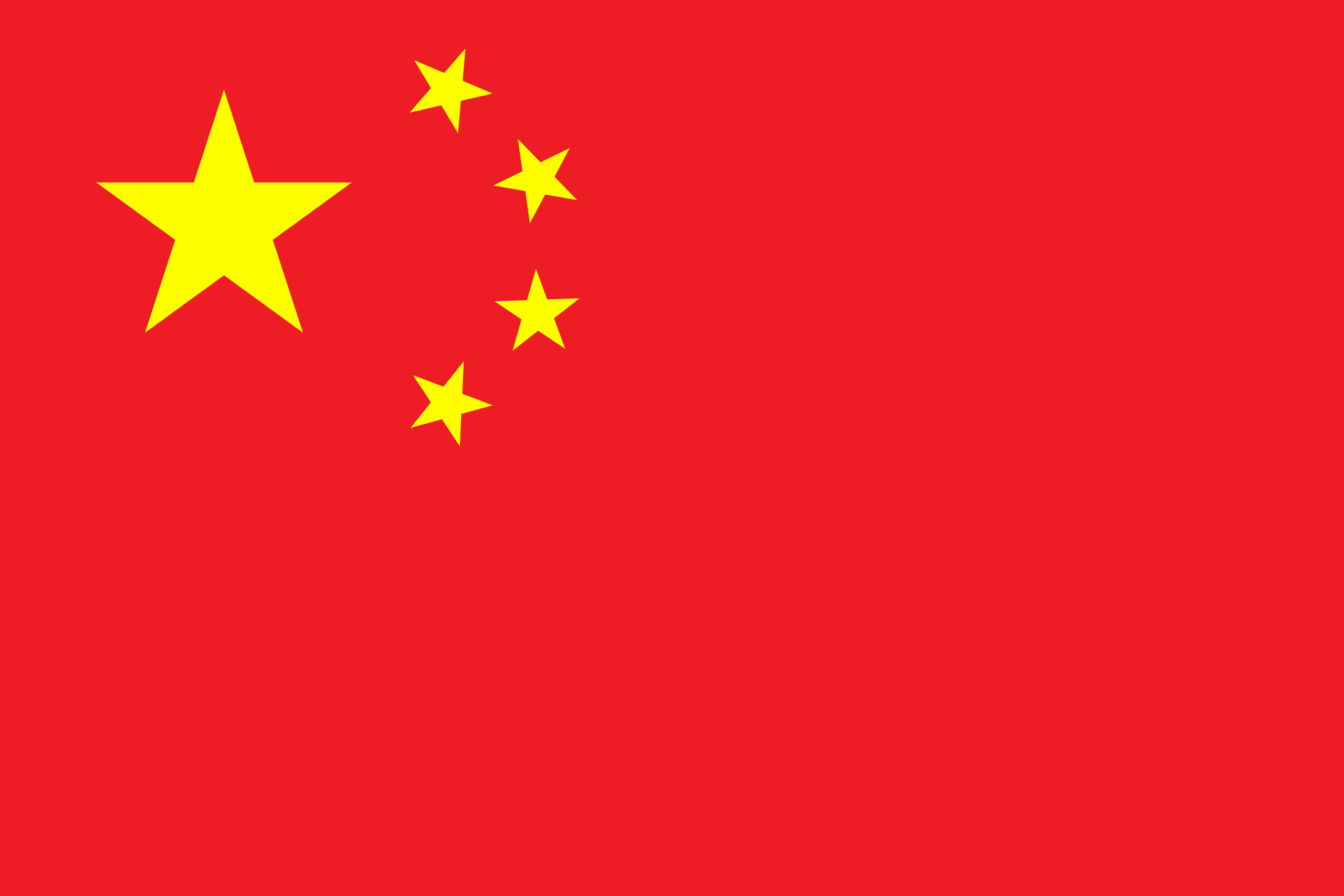Us-Pak Relations
06 May 2020
Us-Pak Relations
Scholarship Description:
Us-Pak Relations is open for . The scholarship allows level program(s) in the field of taught at . The deadline of the scholarship is .
The Strained U.S.-Pakistan AllianceStrategic dialogue meetings between senior Pakistani and U.S. officials concluded Friday with plans to cooperate on a range of issues including agriculture, electricity, and health. The meetings came amid growing tensions in the U.S.-Pakistan relationship. Last month, Pakistan closed a strategically important border (LAT) with Afghanistan, sharply disrupting U.S. and NATO supply lines, in protest of the killing of three Pakistani paramilitary troops by attack helicopters of the international forces in Afghanistan. And the Obama administration is frustrated with what it sees as Pakistan's unwillingness to go after the Haqqani network and the Afghan Taliban--the terrorist groups considered most dangerous to the U.S. war effort in Afghanistan.
In a recent report to Congress, the White House stated that the Pakistani military's decision to avoid direct confrontation with these groups was "as much a political choice" as a reflection of prioritizing targets by an under-resourced military. Pakistan's Foreign Minister Mahmood Qureshi dismissed allegations that Islamabad still made distinctions between good and bad terrorists saying "it will not allow any space to terrorists on its territory." This Backgrounder looks at how Pakistan's military and its intelligence agency, the ISI, continue to support some militant groups as strategic assets to project its influence in Afghanistan. The Obama administration is also considering cutting off aid and training to some Pakistani army units believed to have killed unarmed prisoners and civilians during recent offensives against the Taliban, according to a news report (NYT).
However, Washington can little afford to upset its Pakistani partners, seen as critical to the U.S. war effort in Afghanistan. U.S. Defense Secretary Robert Gates apologized for the cross-border attack and reaffirmed a commitment to work closely with Pakistani authorities. U.S. Secretary of State Hillary Clinton said the administration will ask Congress for $2 billion over five years starting in 2012 for military aid to help Islamabad fight insurgents. President Obama is also expected to pay a visit to the country next year.
A critical issue in the relationship is Pakistan's role in Afghanistan's future. A New York Times report says NATO officials are helping facilitate talks between the Afghan government and top leadership of the Afghan Taliban based in Pakistan without the knowledge of the Pakistani authorities. This is anathema to the Pakistani military, which, because of its longstanding ties to many of these groups, sees a role for itself in any reconciliation process. On October 20, State Department Spokesman P.J. Crowley said the United States had "assured Pakistan that it has an appropriate role to play in resolving the situation in Afghanistan."
But for Pakistan to play a responsible role in a sustainable peaceful future for Afghanistan, both the United States and Pakistan will need to make adjustments (ForeignPolicy), says expert Arif Rafiq. He says Pakistan must seriously respond to threats posed to the United States from terrorist groups in its territory, while Washington must accommodate Pakistan's legitimate fear of rising Indian influence in Afghanistan.
To gain Pakistan's cooperation against militant groups it continues to support, some experts call for a stronger stand. The Cable, a Foreign Policy blog, reports that U.S. officials are "taking a markedly tougher tone with the Pakistanis than before." Washington has also stepped up drone strikes in Pakistan's tribal areas; there have already been 89 strikes this year, more than the total strikes combined for 2008 and 2009. Ashley Tellis of the Carnegie Endowment for International Peace says Washington should make U.S. aid to Pakistan conditional on Islamabad's meeting certain counterterrorism benchmarks. CFR's Max Boot argues that it would be helpful if Washington assured Pakistan (Commentary) that it was in the region for the long haul, in order to disincentivize Pakistanis from making contingency plans for influence in Kabul that undermine U.S. efforts in the region.
Additional Analysis:
Brookings Institution published a collection of papers from leading Pakistan experts on what makes the country work and what might be its future.
David Pilling, a columnist for the Financial Times, discusses why Pakistan, a state that lurches from crisis to crisis, refuses to fail.
Three Pakistan experts discuss the U.S.-Pakistan relationship, the country's challenges, and some policy recommendations in this CFR meeting.
Background:
A new public opinion survey by the New America Foundation and Terror Free Tomorrow looks at opposition to the U.S. military and its drone campaign in Pakistan's tribal areas.
Degree Level:
Us-Pak Relations is available to undertake level programs at .
Available Subjects:
Following subject are available to study under this scholarship program.
previous
Achievement Scholarships for International Undergraduate Students: Engineering and Information Technology, University of Technology Sydney



